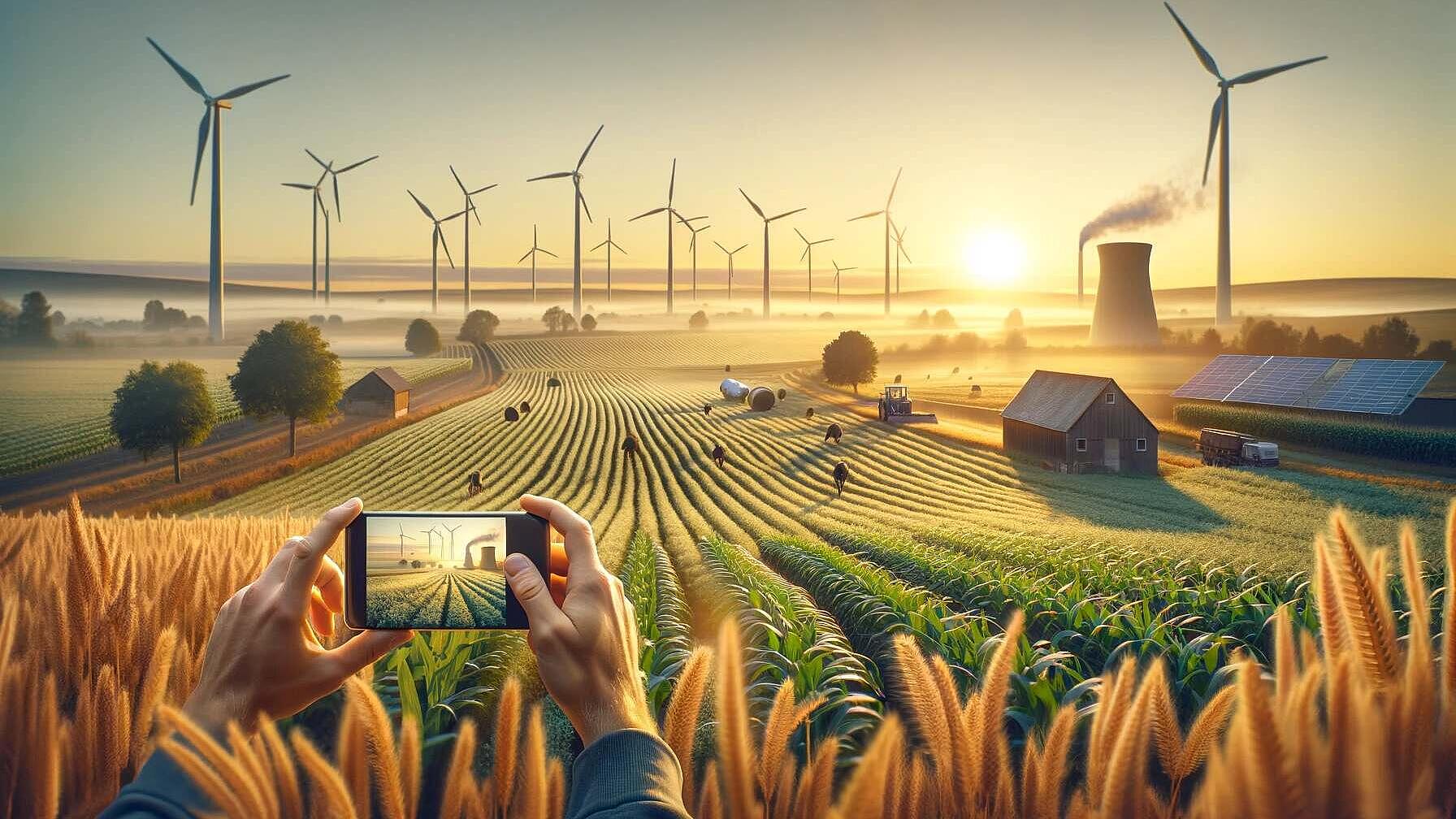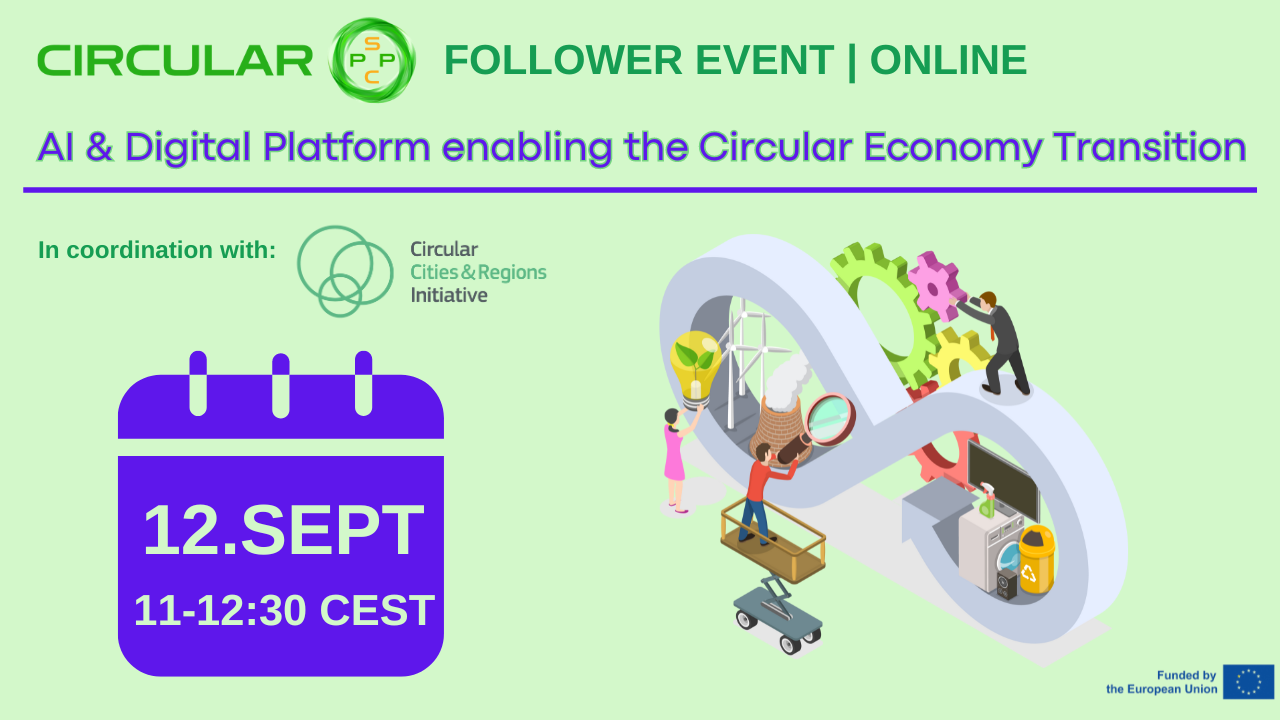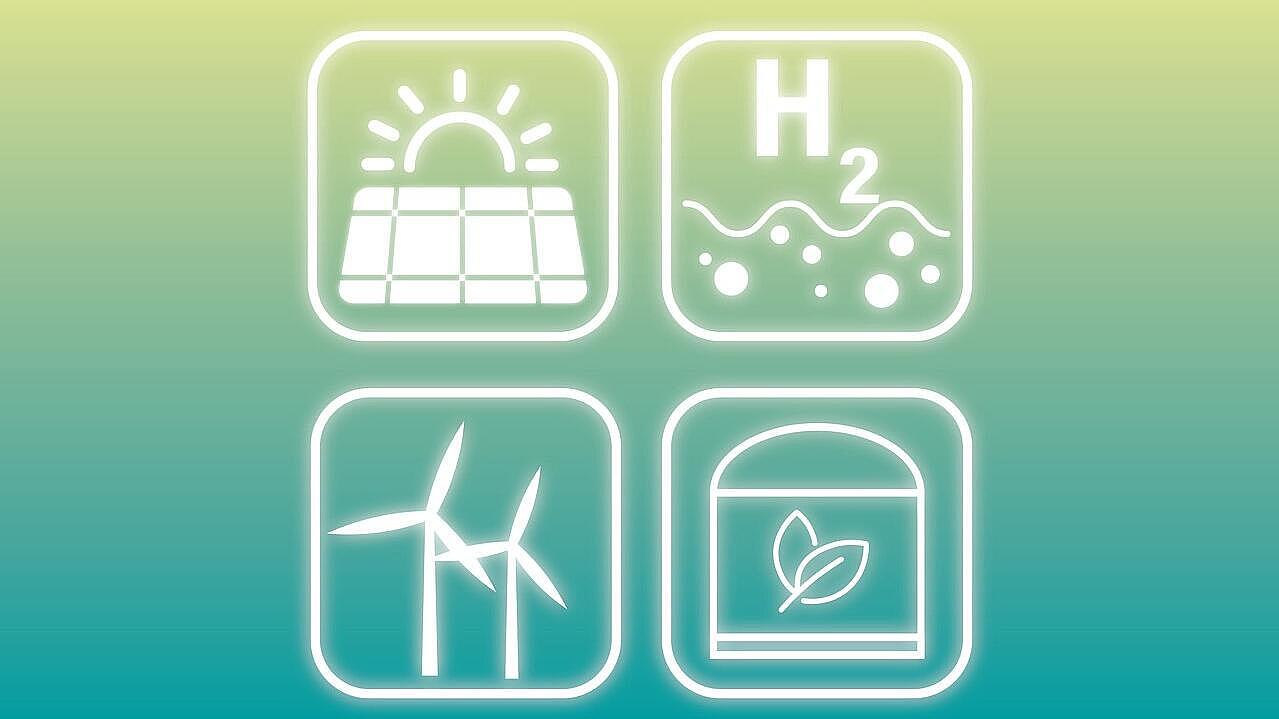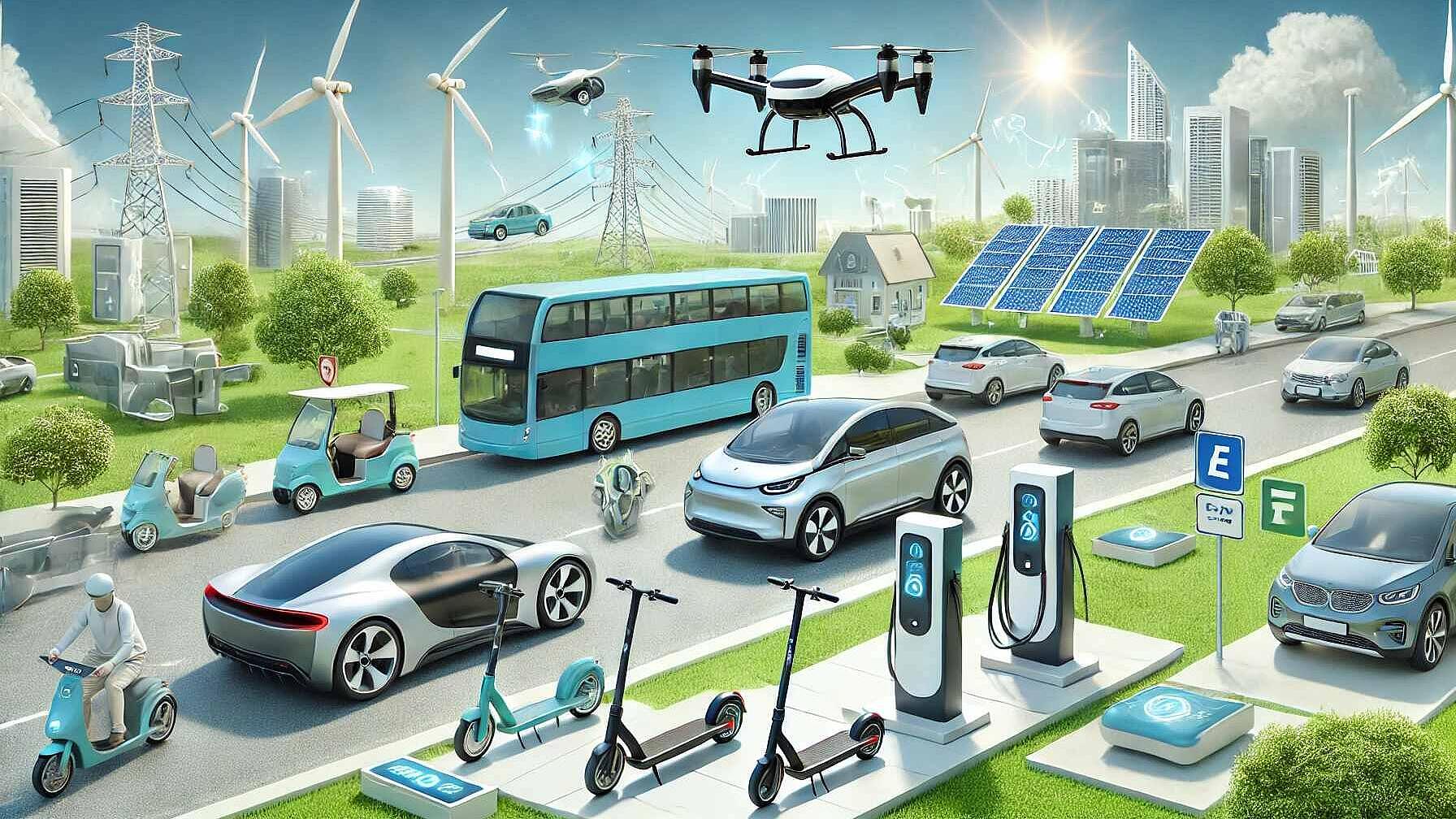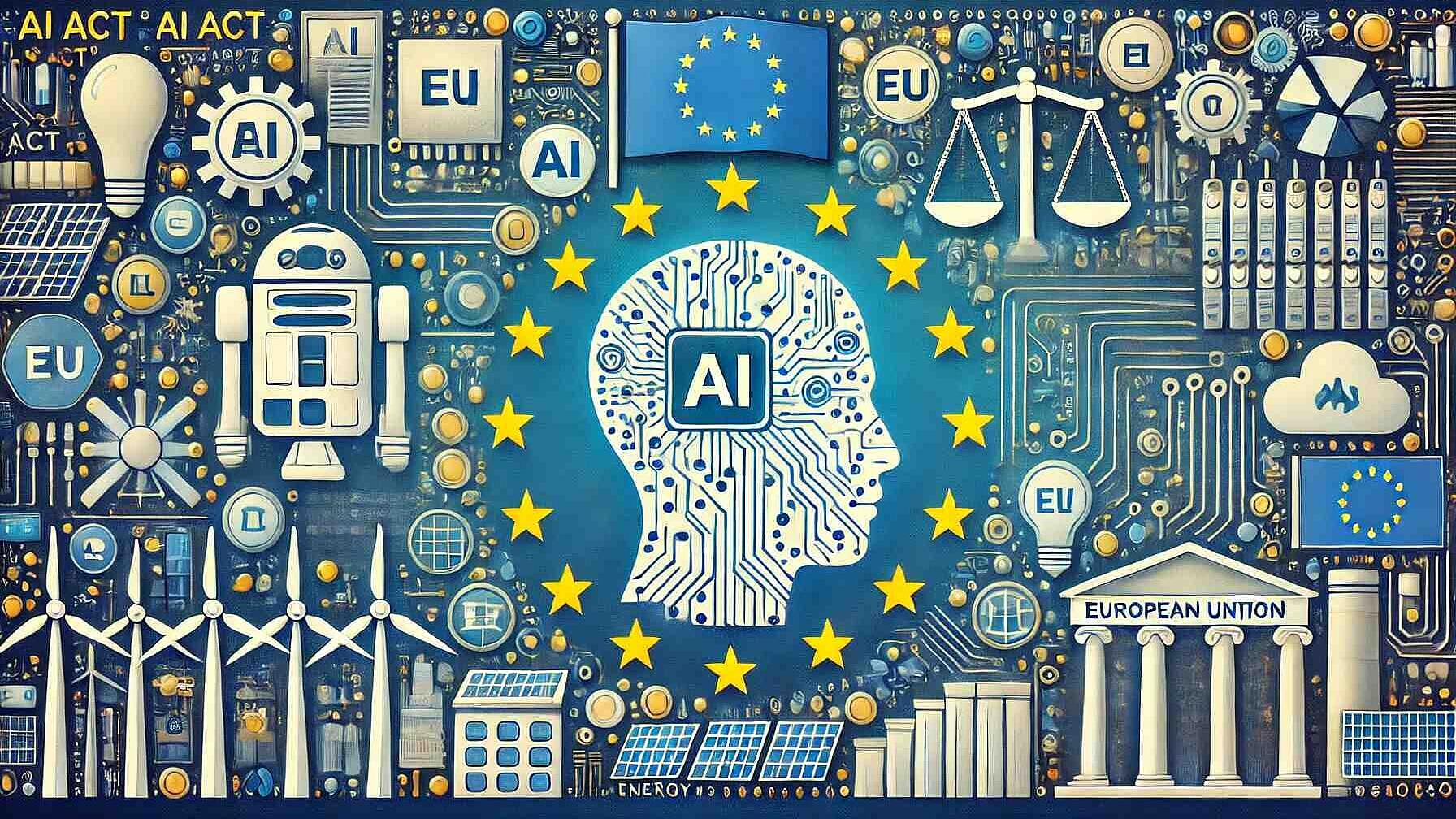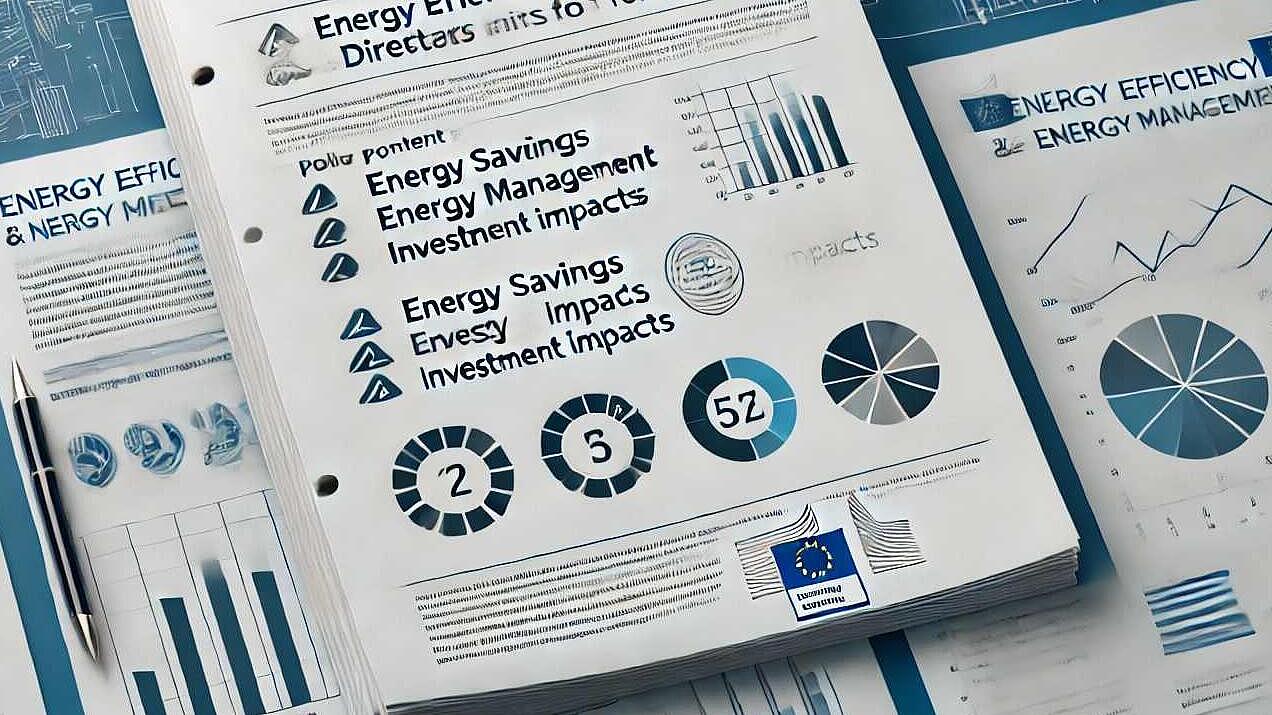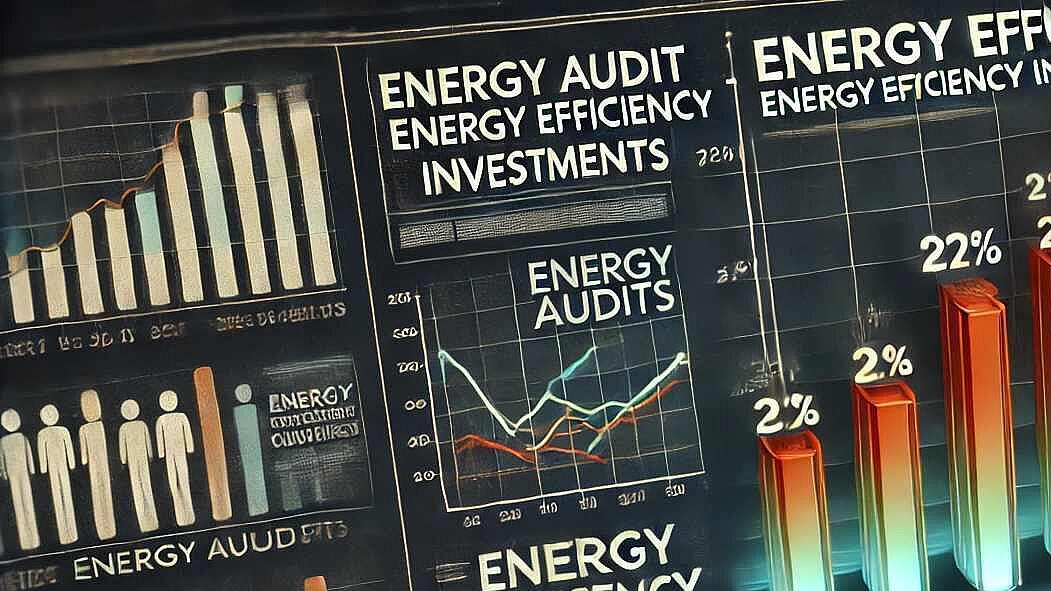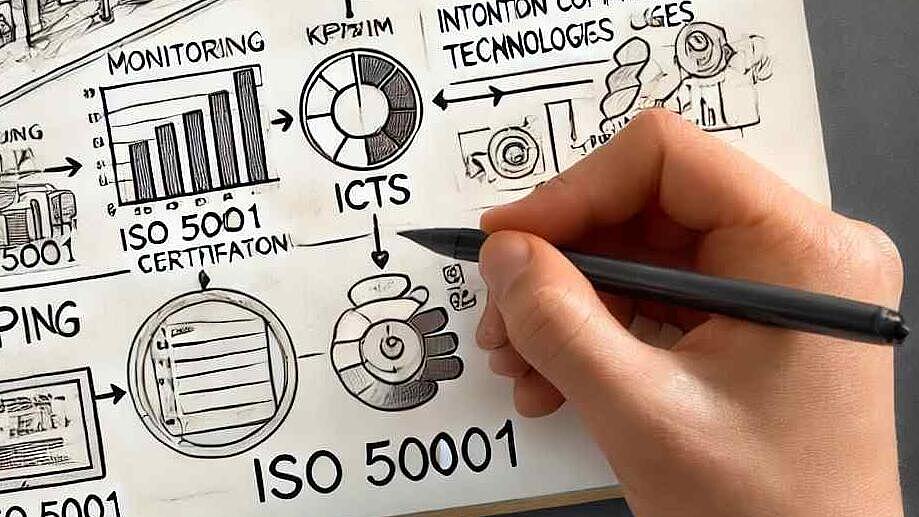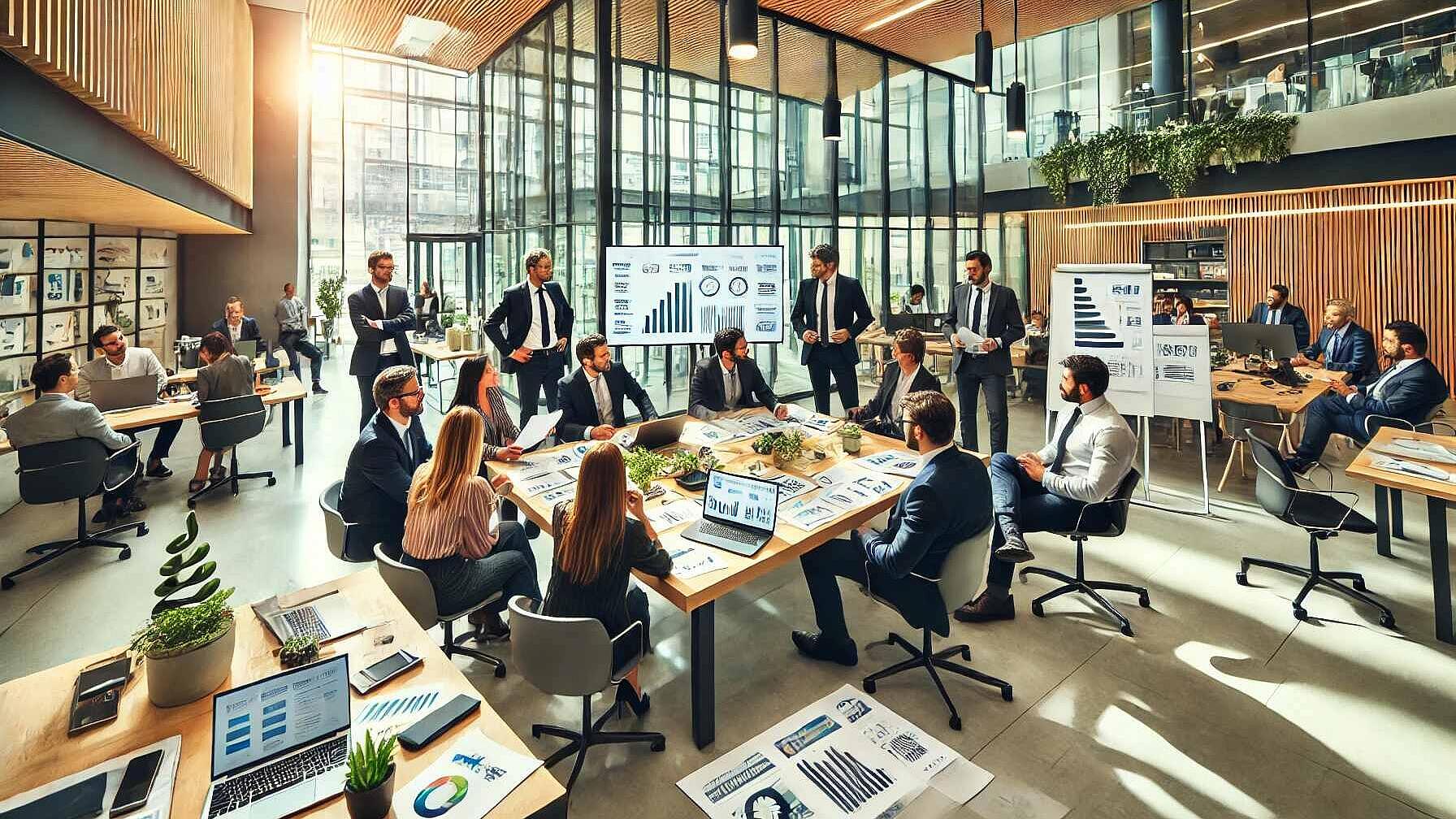 Articles
ArticlesFeeding the Future: Navigating Europe's Journey to Sustainability
The "From Farm to Fork" strategy is an integral part of the European Green Deal aimed at creating a sustainable, fair, and healthy food system by 2030. The strategy sets ambitious goals including reducing pesticide use, increasing organic farming, and halving food waste. It stresses the need for a food system that simultaneously benefits the environment, health, and economy, linking diets, ecosystems, and agricultural practices. The strategy advocates for consumer empowerment via improved food labeling and promotes healthy and sustainable dietary choices while ensuring fair economic returns for producers. It acknowledges the importance of technological innovation, digitalization, and research, including the adoption of biodynamic and precision farming, to achieve sustainability. The EU is committed to raising international sustainability standards and fostering global cooperation, using its trade policies to encourage sustainable practices and participating in international dialogues to share knowledge and best practices. Overall, the strategy proposes a comprehensive approach requiring collaboration across different sectors and geographical scales, positioning Europe as a leader in the global movement toward sustainable food systems. It aims to address environmental concerns, bolster food security, and ensure economic viability in accordance with the EU's broader goals for a greener, healthier, and equitable society.
Read Full articleInnovative financial solutions to fight energy poverty
How social housing associations and EU projects are using innovative financial and solidarity mechanisms to combat energy poverty, emphasizing the dual benefit of social welfare and environmental sustainability through the refurbishment of buildings for energy efficiency.
Read Full articleEvent: AI & Digital Platfrom enabling the Circular Economy Transition
CircularPSP, a Horizon Europe-funded project, unites eight cities to transition to a Circular Economy, addressing sustainability by investing €5.64 million in R&D. It fosters municipal innovation through AI, collaboration, a follower network, and hosts events discussing circularity challenges and solutions.
Read Full articleWhat is green hydrogen?
Hydrogen is emerging as a potential solution for combating climate change. But there is a need to differentiate between green hydrogen—produced renewably, essential for certain industries—and less sustainable forms like grey, black, and blue hydrogen, which have significant carbon footprints. Pink hydrogen, though less harmful, presents nuclear waste challenges.
Read Full articleOverview of main actors in the e-mobility ecosystem
The paper addresses the EU's transition to electric vehicles (EVs) as key in decarbonizing transport sector emissions, crucial to achieving 2040 climate targets. The EV ecosystem involves various stakeholders, including OEMs, CPOs, and DSOs, working together towards electrification. Policies like RED, AFIR, EPBD, and the Sustainable Battery Regulation support this shift, while investment in EV infrastructure is projected to significantly increase. Data sharing is emphasized as essential for ecosystem efficiency.
Read Full articleThe Future of AI: Navigating the AI Act and its impact on energy transition
The EU's AI Act introduces a risk-based framework for AI, mandating requirements for high-risk systems and enforcing compliance. It addresses AI's potential in energy optimization, while emphasizing fundamental rights, safety, and a human-centric approach, with the IEA highlighting AI's role in achieving sustainability goals.
Read Full articleAll you need to know: The EU's bold Energy Efficiency Directive
Directive (EU) 2023/1791 mandates a minimum 11.7% energy reduction by 2030, with specific targets for sectors and Member States. Emphasizing public sector efficiency, building renovations, and consumer empowerment, it sets a framework for sustainable energy use and addresses energy poverty, providing measures for enforcement and financing.
Read Full articleGame Changer: How Energy Audits are Transforming Small Businesses
Energy audits are becoming vital for SMEs in Europe, offering detailed analysis of energy usage and efficiency, highlighting cost-saving measures. They notably influence investment decisions in energy-efficient technologies, with smaller firms and innovative companies benefitting the most. However, financial constraints remain a barrier to implementing energy-saving opportunities.
Read Full articleEnergy Efficiency in Food Manufacturing: Sustainable Growth Through Smart Technologies
The paper discusses the critical role of energy efficiency in food production, emphasizing the need for food manufacturers to adopt energy management practices to remain competitive and sustainable. It outlines the benefits of benchmarking and KPIs, the adoption of frameworks like ISO 50001, and the utilization of advanced monitoring, control systems, and ICT for improved energy performance. It also addresses barriers to implementation and strategies for overcoming these challenges.
Read Full articleEnergy Efficiency Reloaded: How European SMEs Are Driving Sustainability and Savings
SMEs, at 98.9% of European businesses, collectively account for 13% of energy demand, presenting significant energy efficiency potential. Barriers include financial constraints and lack of energy management. Supportive policies and tailored programs can incentivize efficiency improvements, leveraging SMEs' key role in reaching the EU's energy goals.
Read Full article